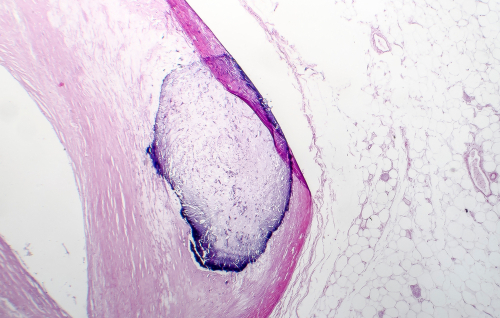Higher calcium levels may predict heart disease
IANS Jan 15, 2019
Specks of calcium in the heart's artery walls could signal early risk of cardiovascular disease, particularly in men from South Asian countries, including India, and may help develop treatment methods, researchers say.

According to the team from the University of California-San Francisco (UCSF), people from South Asia are known to have a high chance of developing cardiovascular disease and represent more than 60 per cent of cardiovascular disease patients worldwide.
They also develop risk factors such as high blood pressure, cholesterol and diabetes at a younger age than other racial and ethnic groups. However, it remains unclear which clinical factors could help determine those at highest risk.
Further, South Asian men (8.8 per cent) were found to have a higher rate of calcification than their women (3.6 per cent) counterparts. "The presence and change of coronary artery calcium may be useful for risk prediction in this ethnic population and may better guide the judicious use of statin and other preventive therapies," said lead author Alka Kanaya, Professor at UCSF.
For the study, appearing in the Journal of the American Heart Association (JAHA), the team focussed on nearly 700 patients with ethnic backgrounds from India, Pakistan, Bangladesh, Sri Lanka, Nepal and Bhutan and found that South Asian men had the same high rates of change in calcification of their artery walls over a five-year period as white men -- the group with the highest rates of cardiovascular disease.
Coronary artery calcification (CAC) is the buildup of calcium in the arteries which can cause blood vessels to narrow and lead to the development of heart disease. Early signs of CAC, in which calcium specks appear in artery walls, can be detected through a computed tomography (CT) scan.
The American Heart Association recently recommended CAC testing in individuals with intermediate heart disease risk to help determine whether they should be treated with cholesterol-lowering medications.
-
Exclusive Write-ups & Webinars by KOLs
-
Daily Quiz by specialty
-
Paid Market Research Surveys
-
Case discussions, News & Journals' summaries